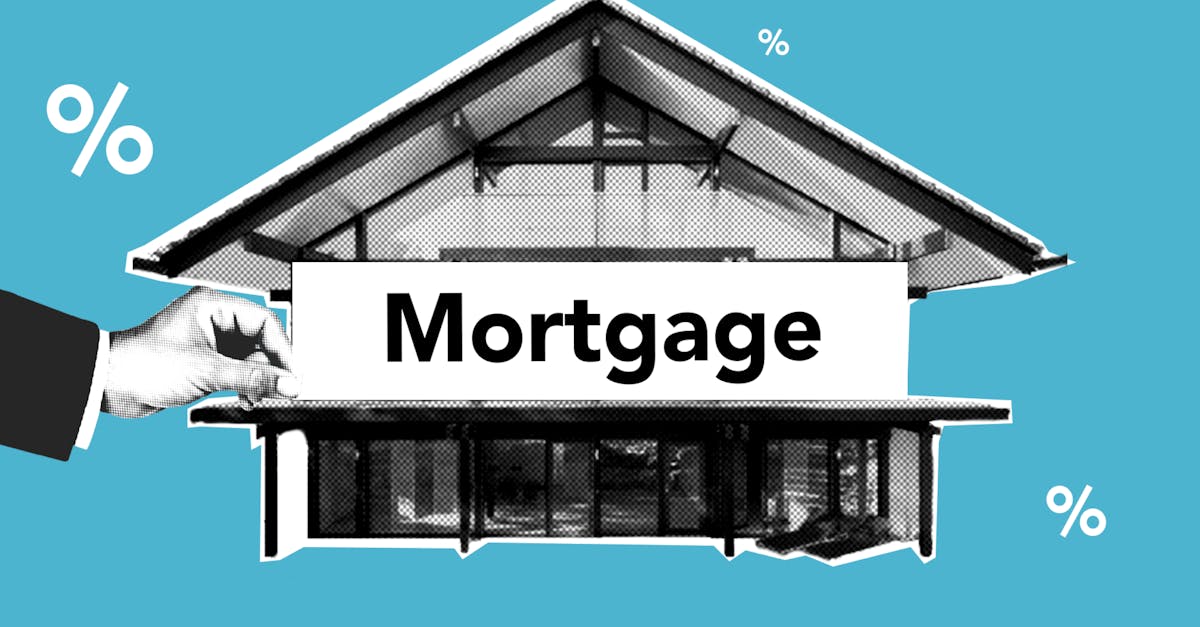
Table Of Contents
Alternative Financing Options
Investors seeking funds for properties often explore various alternatives to traditional bank financing. Hard money loans serve as a popular option, offering quick funding based on the property’s value rather than the borrower’s creditworthiness. This can be particularly advantageous for those wanting to access capital swiftly to secure a property before competitors. Private loans present another option, frequently provided by individuals or groups willing to invest in real estate, which can be more flexible than conventional bank loans.
Investment Property Loans can also be obtained through crowd-funding platforms, connecting prospective investors with a larger pool of lenders. This method broadens access to capital and allows investors to negotiate terms that might better suit their financial situation. Understanding these alternative financing options is crucial for investors aiming to navigate the complexities of funding real estate ventures. Engaging with these sources may provide the necessary leverage in competitive property markets.
Exploring Hard Money and Private Loans
Hard money loans and private loans present alternative financing solutions for those looking to secure funding for investment properties. These types of loans are often offered by individual lenders or small private firms rather than traditional banks. Due to their less stringent requirements, they can be an attractive option for investors who may not qualify for conventional financing. Such loans typically focus on the value of the property rather than the borrower's credit history, providing quicker access to capital for purchasing or renovating investment properties.
Investors should be aware that hard money loans usually come with higher interest rates and shorter repayment periods compared to traditional bank loans. While they can provide necessary funds in a timely manner, the cost of borrowing may represent a significant financial commitment. Careful consideration and a clear exit strategy are essential when using these financing methods. In many cases, investing in real estate can lead to lucrative returns, but understanding the terms of any investment property loans is crucial for long-term success.
The Role of Credit Scores
Credit scores play a crucial role in the approval process for Investment Property Loans. Lenders utilize these scores to assess an applicant's creditworthiness and overall financial stability. A higher credit score typically signals to banks that an individual is responsible with their finances, which can lead to better loan terms. Conversely, a lower score may raise red flags, prompting lenders to either deny the application or offer loans with higher interest rates.
Understanding how credit scores influence loan outcomes is essential for potential investors. While many investors focus primarily on upfront costs, a poor credit score can significantly increase the long-term costs associated with borrowing. Addressing credit issues before applying for Investment Property Loans can make a substantial difference in securing favorable financing options and ultimately achieving investment goals.
How Your Credit Affects Loan Approval
Lenders evaluate credit scores as a significant factor in determining loan approval for investment property loans. A higher credit score often reflects a borrower’s reliability in managing debt and meeting repayment obligations. This assessment helps banks gauge the risk associated with lending money for investment properties. Those with stronger credit histories typically have better chances of securing favorable terms, including lower interest rates.
Credit scores not only influence approval odds but can also impact the maximum amount available for borrowing. Higher scores may qualify investors for larger loans, enabling them to expand their real estate portfolios. Conversely, lower credit scores may result in limited access to investment property loans or higher interest rates, increasing the overall cost of financing. Understanding the role of credit in the lending process is essential for aspiring investment property owners.
The Application Process
Applying for an Investment Property Loan involves several key steps that borrowers need to be aware of. First, it's essential to gather all necessary documentation, including tax returns, financial statements, and details about the property. Lenders want to understand the borrower’s financial health and the potential income the property might generate. Having this information ready can help streamline the application process and avoid delays.
After assembling the necessary paperwork, the next step is to submit the application to the lender. This submission often includes a formal loan request along with the gathered documents. Lenders will review the application, taking into account financial history, credit scores, and the potential value of the investment property. Borrowers may also need to be prepared for interviews or additional inquiries as part of the evaluation process, which can provide the lender with further insights into the investment strategy and property management plans.
Steps to Secure Funding for Investment Properties
Securing funding for investment properties involves several key steps to ensure a smooth approval process. First, potential borrowers should gather all necessary financial documents. Lenders typically require proof of income, tax returns, and details about existing debts. This documentation helps establish the borrower’s financial health and readiness for a new loan. Understanding the various types of Investment Property Loans available can also provide clarity on what options align best with specific investment goals.
Once the financial documents are in order, the next step is to shop around for lenders that specialize in Investment Property Loans. Different lenders may offer varying terms, interest rates, and fees. Engaging with multiple institutions can allow borrowers to compare offers and negotiate better terms. Additionally, it’s beneficial to touch base with real estate professionals who can provide insights and recommendations regarding financing options tailored to investment properties.
FAQS
Will banks lend money for investment properties?
Yes, banks can lend money for investment properties, but the approval process may differ from that of primary residences. Lenders typically require more documentation and may have stricter criteria for investment loans.
What type of financing is available for investment properties?
In addition to traditional bank loans, alternative financing options include hard money loans, private loans, and even crowdfunding platforms that cater to real estate investors.
How does my credit score affect my ability to get a loan for an investment property?
Your credit score plays a significant role in loan approval for investment properties. Lenders often look for higher credit scores to mitigate risk, as investment properties are considered riskier than primary homes.
What steps should I take to secure funding for an investment property?
To secure funding, start by checking your credit score, researching different financing options, preparing necessary documentation, and applying for pre-approval with your chosen lender.
Are there any specific requirements for investment property loans that differ from regular home loans?
Yes, investment property loans often require a larger down payment, typically around 20-25%, and may have higher interest rates and stricter income verification processes compared to conventional home loans.




